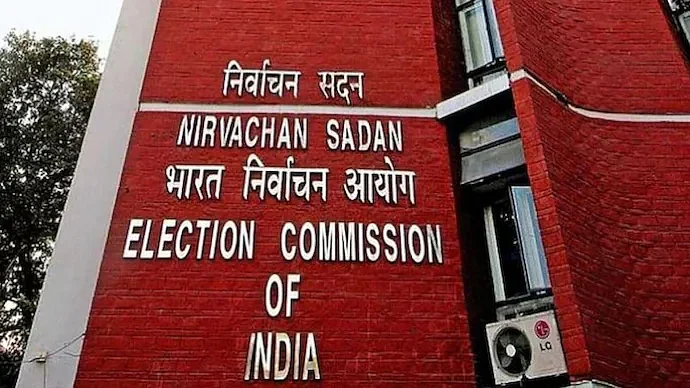The Supreme Court on Wednesday threw out a PIL and imposed costs on its movers, for demanding action against former J&K Chief Minister Farooq Abdullah under the sedition law for the latter’s opposition to the reading down of Article 370 of the Constitution. The petitioners argued that Abdullah misused his right to free speech to express anti-India sentiments. They alleged the former chief minister had said that he would get Article 370 restored with the help of China, a charge denied by him after news reports appeared, quoting purportedly his remarks to the effect. The petitioners, Rajat Sharma, Secretary and Trustee of the Viswa Guru India Vision of Sardar Patel and one Neha Sharma, resident of Uttar Pradesh, also demanded that Abdullah be removed as a member of the Lok Sabha for propagating anti-national views.
A bench of Justices S K Kaul and Hemant Gupta, while dismissing the plea said that “the expression of a view which is a dissent from a decision taken by the central government itself cannot be said to be seditious”. Finding nothing offensive in Abdullah’s statement which would warrant action by the court, the SC ruled the petitioners had nothing to do with the subject-matter. “This is clearly a case of publicity-interest-litigation for the petitioners only to get their names in press”. In order to discourage such abuse of PIL, the court imposed a cost of Rs 50,000 on the petitioners.
The verdict ought to have wider implications. Not only does it berate the abuse of PIL for extraneous factors but by forthrightly defending the right to dissent, the highest court might send out a message to the authorities not to act in a vengeful manner against its critics. The hallmark of a healthy and vibrant democracy is a robust opposition. People have a right to debate, discuss and differ with the policies and actions of the rulers.
Instead of responding to criticism in a civil manner, using intimidation, bullying and blackmail against those who dare to question the government militates against the democratic spirit. It verily jeopardises a healthy democracy. Investigating agencies of the state should not be engaged in silencing the critics of the government. When these agencies become an extension of the ruling party, democracy suffers.
Unfortunately, all governments, federal and provincial, are widely known to have freely resorted to the abuse of the state apparatus to punish their critics into silence. In this, the Modi government is no different. It too has increasingly exploited the tax department, the CBI, ED, etc. to browbeat its vocal opponents.
The raids and searches on Wednesday in Mumbai and Pune on locations associated with filmmaker Anurag Kashyap and actor Taapsee Pannu reek. Unless the tax department is able to establish a demonstrable case of wrongdoing without further delay, it will be hard to counter the suspicion that the searches were spurred by the public criticism of the Modi Government policies. Several leaders of the ruling coalition in Maharashtra were quick to dub the raids as vendetta politics.
The Central Government hurts its own cause by going after its critics in this vengeful manner. It damages its domestic and international standing. Besides, it does nothing to strengthen it electorally or politically. The urban-centric liberal-left class is put off by this routine abuse of the instruments of the state to punish government critics. Nor do such arbitrary and punitive actions help quell opposition to the government. In fact, it serves as a further handle to criticise it as anti-democratic and authoritarian.
By arresting young men and women of impressionable age for a sarcastic social media post, purportedly showing the government in bad light or showing solidarity with the farmers’ protest, the ruling party courts unpopularity. The new tools of public communication are popular with the young population. Slapping charges of sedition at the drop of a hat is antithetical to the very spirit of democracy. The sedition law might have been grossly abused by the previous regimes but when the government has a comfortable majority and enjoys the extraordinary comfort of a dispirited Opposition, it should cease behaving as if it is weak and under a siege.
Above all else, such intimidatory actions lower the image of the country globally. A Washington-based NGO, in its latest report, has called India only ‘partly free’. A self-confident regime respects civil liberties and does not ride rough-shod over them to silence its critics. Frittering away the soft power of a healthy democratic image in world capitals must cease forthwith.









